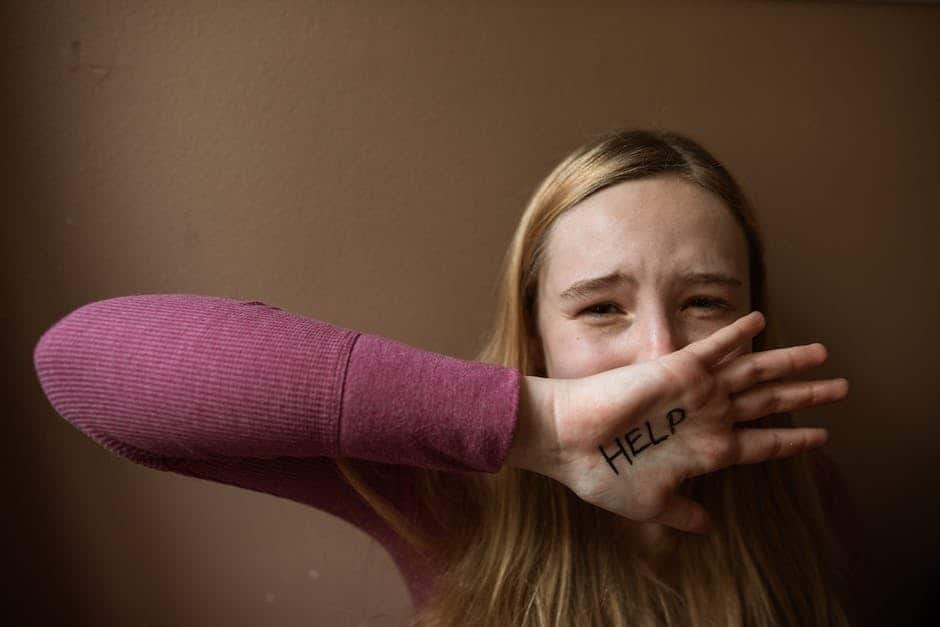Domestic violence and addiction are two of the most common concerns in modern relationships. Both are serious and complex issues that can cause significant pain if left untreated. While they may seem like completely separate problems on the surface, many victims of domestic violence also struggle with addiction. It’s essential to understand how these two issues work together so that you can better help yourself or someone else who needs it.
The Connection Between Domestic Violence and Addiction
Domestic violence and addiction often go hand-in-hand. Substance abuse can be a coping mechanism for stress, grief, and trauma. As a way to escape reality, substance abuse can also result from ongoing physical abuse or emotional neglect.
Addiction often follows an event that causes severe pain or loss. Addiction may also develop as an attempt to cope with loneliness and depression after years of suffering in an abusive relationship.
It may also be true that addiction is fueling domestic violence from the aggressor’s standpoint. As a victim, you may never turn to addiction, but your aggressor may be someone struggling with addiction that is more or less aggressive when actively using substances.
What Constitutes Domestic Abuse?
Domestic abuse is a pattern of behavior used to gain or maintain power and control over an intimate partner. It can be physical, emotional, sexual, financial, or psychological. Domestic violence can happen to anyone.
It is essential to know the signs of domestic violence so you can choose to get out if needed. Below are some signs of domestic violence:
- You feel like you are walking on eggshells and fear for your safety
- Your partner controls you and your life, including what you do, who you see, and where you go
- They monitor all of your phone calls, texts, or emails
- They threaten to hurt themselves if you try to leave the relationship
- They belittle, insult, or put down your friends, family members, or children
- Physical abuse such as hitting, punching, biting, choking, burning, scratching, pinching, or hurting another person’s body that causes damage
- Any type of forced sexual act against your will
Domestic Violence Can Be an Isolating Experience
You may have heard that domestic violence is a form of abuse and that the abuser often wants to control their partner. Often this manifests through the abuser isolating their partner from friends and family, which can be very painful for the victim. If you’re in an abusive relationship, it might feel like you are completely isolated from everyone else in the world, even your own family.
This kind of isolation can happen because abusers often take over all aspects of their partner’s lives. They do this so that the victim does not have any time or energy left over for anything else. As a result, the victim only has the time or energy to take care of themselves as well as possible in situations where they have little power or control over what happens next.
Who to Turn To for Help
If you are experiencing domestic violence and are looking for help, it is essential to be aware of the fact that not everyone is a safe person to turn to. Some people may have your best interest at heart but may not know how to handle the situation effectively. Other people may even make things worse by offering unhelpful advice or making inappropriate comments about your situation.
If you are seeking help, it is recommended that you speak with someone who has been trained on how to properly identify signs of domestic violence and offer support for victims. You can reach out to trusted friends, family members, or even professional counselors who have received this type of training if you have no other options available in your area.
Additionally, there is always an option available via phone call by calling 1-800-799-SAFE (7233), which will connect victims with local resources near where they live. Victims can do this without having any kind of personal contact information exchanged beforehand.
There Is a Way Out
If you are in an abusive relationship and know that your partner has a substance abuse problem, it can be extremely difficult to leave. You might feel that if you leave, your partner will get worse or even harm themselves. Because of this fear, many people stay in their relationships longer than they should.
However, there is hope for you. There is a way out for you. It might take some time and coordination but start by reaching out for help. Create a plan to get out, which may include legal action to protect yourself. There are also shelters and hotlines that can help you through this process as soon as you are ready.
Domestic violence and addiction can be a dangerous combination, but there is hope for victims. If you think that your relationship might be abusive or unhealthy, it’s essential to seek help right away.
You can start by talking with someone you trust or calling the National Domestic Violence Hotline at 1-800-799-SAFE (7233). You deserve to be in a safe relationship and live a full life. If you or someone you know is struggling with addiction, Villa Oasis San Diego can help you find healing. Call us today, and let us meet with you and create a plan of action to help you overcome your addiction. You deserve to live a life free from the grasp of addiction and domestic violence.
Here at Villa Oasis, we want to help you beat your addiction for good. Call us today at (323) 739-8673 to learn more about our program.




